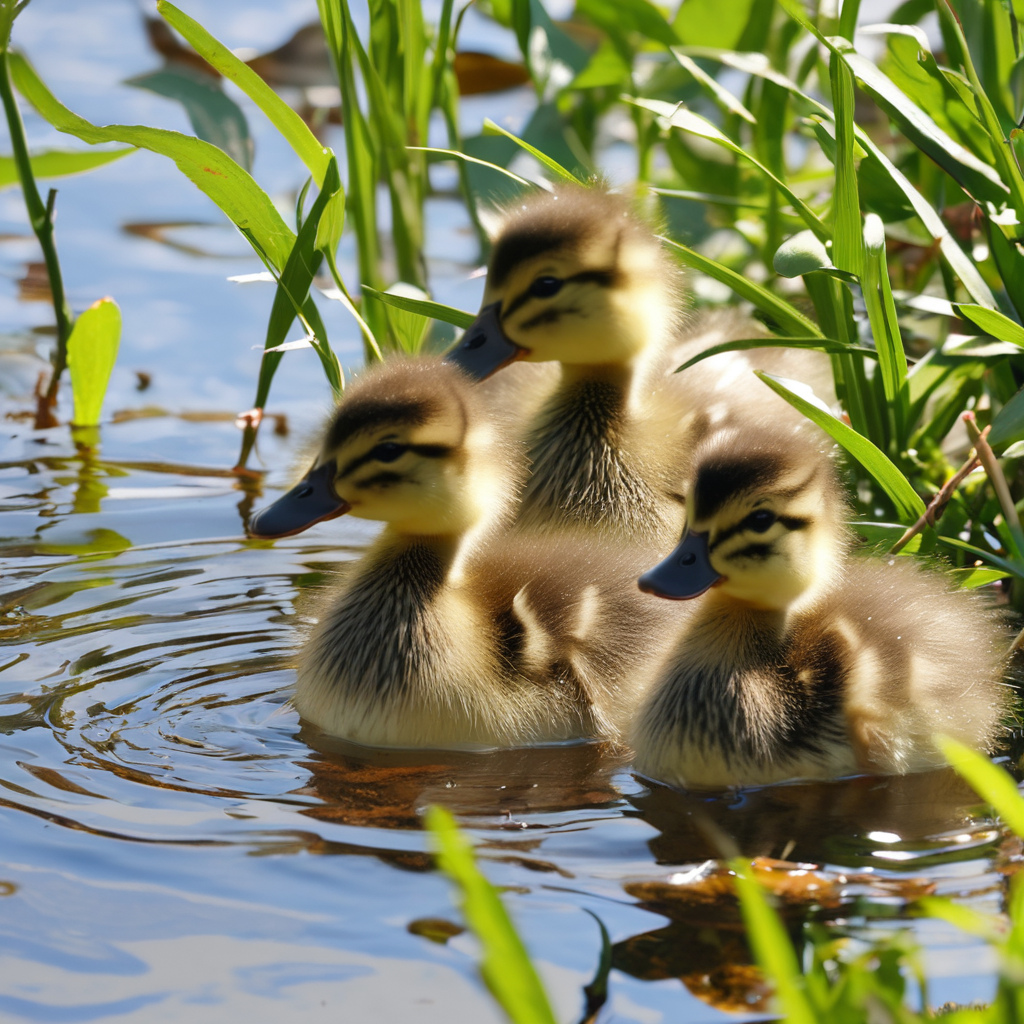If you’ve decided to raise ducklings on your homestead, there are a few important things you need to know to ensure they stay healthy and grow into big, productive ducks. While ducklings may seem low-maintenance, their care requires attention to detail. From proper housing to diet and healthcare, here are 12 essential things every homesteader should understand about caring for these feathered friends.
Provide a Brooder
The first weeks of a duckling’s life require a brooder—a warm, draft-free area for them to live. Opt for a large cardboard box or small kennel lined with shavings or paper towels. Make sure the brooder is easy to access and clean. Place a heat lamp above, adjusting the height as the ducklings grow, and always ensure adequate ventilation.
Consider Your Brooder Temperature
Ducklings need constant warmth for the first 4–6 weeks. Keep the brooder around 95°F the first week, lowering the temperature 5° each subsequent week until it reaches room temperature. Use a thermometer to monitor heat levels. Being too hot or cold can stress young ducks.
Feed a Special Starter Diet
Like baby chickens, ducklings require a specially formulated starter feed high in protein and nutrients for optimal growth. Purchase commercial duck starter crumbles and offer it to them on a tray or in a shallow container at all times. Clean feeders daily to prevent waste buildup. Fresh, clean water should also always be available.
Provide Grit and Oyster Shell
Starting at one week old, offer small gravel grit and crushed oyster shell free-choice in separate containers. Grit helps ducklings digest food, while calcium-rich shells aid bone and feather development. Replace containers when they become soiled to prevent contamination.
Practice Gentle Handling
Handle ducklings gently and as little as possible the first few weeks. Too much stress can compromise their health. When you must pick them up, support their entire bodies with both hands. Check for general health and cleanliness daily without disturbing them excessively.
Watch for Health Issues
Common duckling illnesses include coccidiosis, a parasitic infection causing bloody diarrhoea. Treat with a coccidiostat in feed or water. Watch also for pasty butt, an accumulation of faeces around the vent area that requires cleaning. Prompt treatment prevents more serious issues.
Gradually Introduce Water
At one week old, offer shallow water for ducklings to bathe in and explore. Gradually increase water depth as they grow accustomed to it. By 3–4 weeks, they can access a full water container. Always monitor young ducks near water sources to prevent drowning accidents.
Allow Outdoor Access
Once feathers fully cover bodies at 3–4 weeks, ducklings can spend supervised time outdoors in a fenced area. Provide shade and protection from predators. Slowly increase time outside as feathers grow in fully by 6 weeks. At 8 weeks old, they can live with adult ducks.
Consider Your Climate
Ducklings raised in cold climates may need supplemental heat longer. In hot climates, shade and clean water are essential. Adjust brooder temperature, housing, and care based on weather conditions for optimal comfort and health.
Provide Adequate Space
Overcrowding stresses ducklings and spreads disease. Allow at least 1.5 square feet per bird in the brooder and outdoor pen as they grow. Clean housing thoroughly when moving ducklings to larger spaces.
Watch For Predators
Keep young ducks safe from predators like hawks, foxes, raccoons, and opossums by enclosing brooder and outdoor areas with hardware cloth buried 6 inches underground. Patrol the area during activity times to deter potential threats.
Enjoy The Rewards of Raising Ducklings
With proper care, ducklings will thrive on your homestead. Watching them grow into productive backyard ducks is rewarding for the whole family. Their eggs and meat provide sustainable homestead benefits for many years to come.
